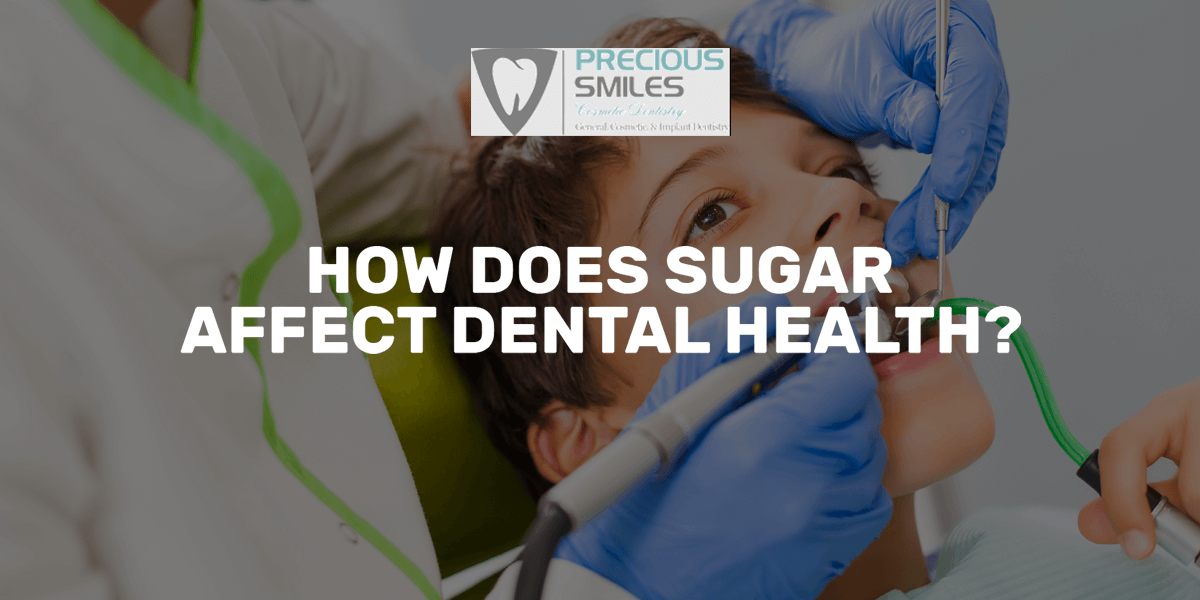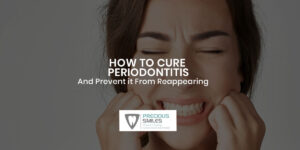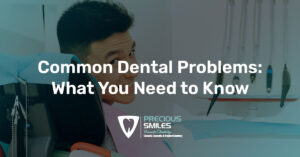We will try to answer the question of how sugar affect dental health in the following text. We all love to eat sweets. When we try something sweet, our sense of taste sends a direct message to our brain: This is really delicious! And dopamine begins to be released in the body, which makes us happy and satisfied. However, according to scientific research, sugar negatively affects our health, increases the risk of diabetes and obesity, as well as some types of cancer, is not good for our bloodstream, and also negatively affects the health of our teeth. The bacteria that form dental plaque, which is one of the main causes of dental disease, use sugar as a source of energy. If we provide them with a sufficient amount of sugar through food, these bacteria multiply quickly, which leads to the spread and thickening of dental plaque. Some of the bacteria turn the sugar into a sticky film, so they stick to the surface of the teeth, making it difficult for saliva to wash the bacteria out of the teeth. How does sugar affect dental health you ask? Sugar is like a magnet for bad bacteria. The two destructive bacteria found in the mouth are Streptococcus mutans and Streptococcus sorbrinus. Both of these bacteria feed on sugar that is taken into the body through food and thus form dental plaque, a sticky, colorless film that forms on the tooth surface.
Sweet and sour drinks
Sweet soft drinks, sports drinks, energy drinks and fruit juices are the biggest source of sugar. However, in addition to sugar, all these drinks also contain a high degree of acids, which in combination with sugar have a very harmful effect on the teeth and cause their damage. One recent U.S. study involving more than 20,000 adults shows that just one sugary drink during the day results in as much as a 44% increased risk of losing one to five teeth, compared to people who did not consume any sugary drinks. This means that if you drink a sweet drink twice a day, you will almost triple the risk of tooth loss.
Sweets and snacks
Apart from the fact that snacks and sticky sweets contain a lot of sugar, they also mechanically damage the health of teeth and gums. How does that come about and how does sugar affect dentaln health? Sticky sweets are pressed into the spaces between the teeth and remain on those surfaces for a long time, thus enabling a drop in pH, pressure on the gums, and demineralization of the teeth. Snacks that are hard and sharp fall between the teeth, and can also mechanically damage the gums and cause small wounds, this makes it easier for bacteria to attack sensitive gums and lead to inflammation. Untreated gum inflammation leads to redness, bleeding and bad breath. If you have favorite foods that you really can’t give up, it would be good to brush your teeth thoroughly after eating. This will remove all mechanical deposits and return the pH in the mouth to normal and stop the formation of caries.
Replace sweets with fruits
The total amount of sugars consumed is very important, but the frequency of their intake is much more significant – it is dangerous to give sweets several times during the day. The time of intake (with or between meals) is also important, as well as the shape and stickiness of sweets such as caramel, candy and the like, as well as the length of retention in the mouth – slow dissolution of sweets in the mouth is especially dangerous for pH in the mouth and caries. Anything over one intake of sweets a day, especially between meals, can be considered risky.
Remember
You should be moderate in everything and take preventive measures, maintain good oral and dental hygiene. And always know that teeth and mouth are part of your body and are very important for general health, for the functioning of the whole body, and the beauty of your smile as well as the beauty of your mood and self-confidence.
Visit our website.




